Meet Azadeh Navai | Filmmaker & Film Editor
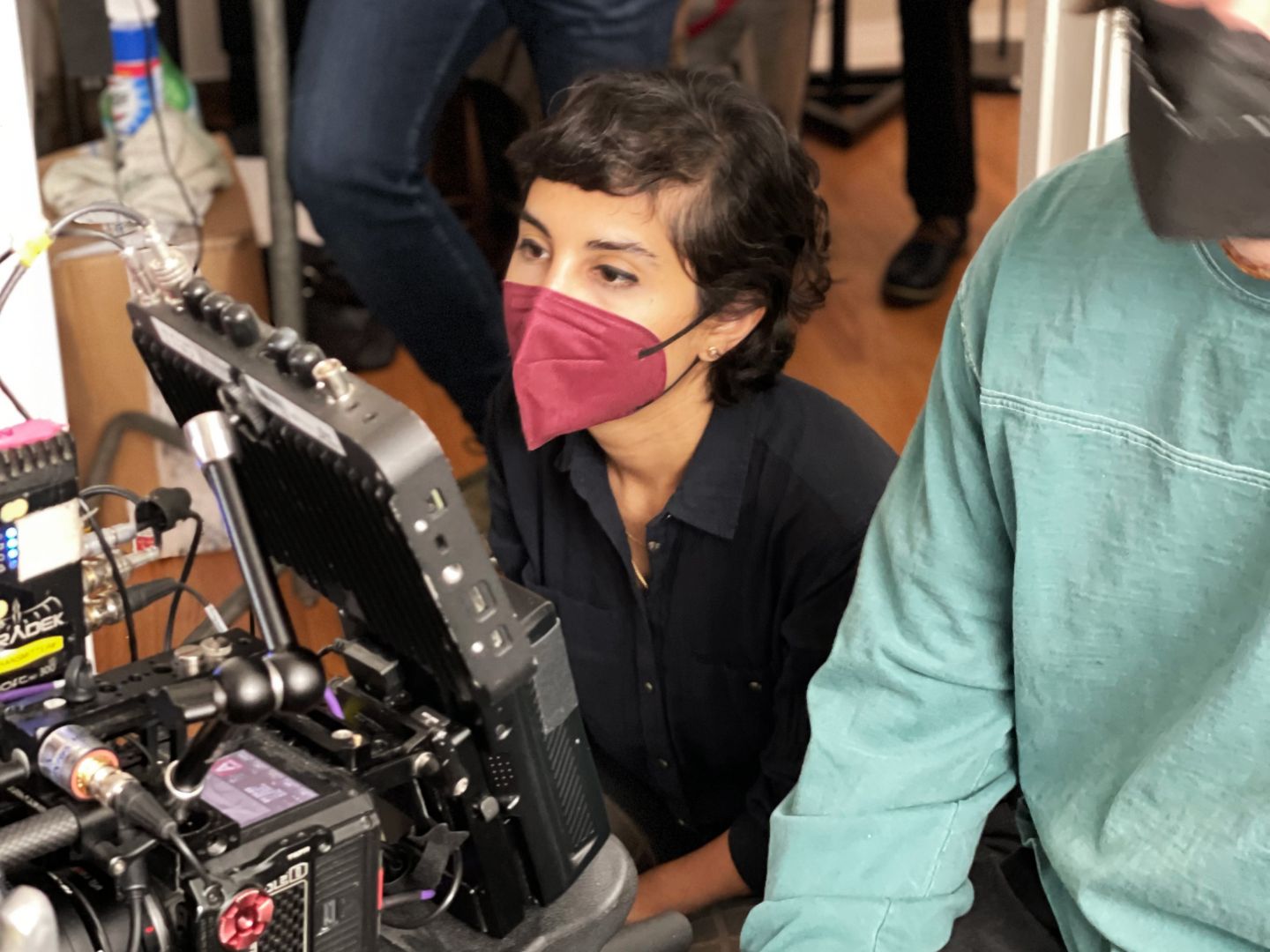
We had the good fortune of connecting with Azadeh Navai and we’ve shared our conversation below.
Hi Azadeh, what’s something about your industry that outsiders are probably unaware of?
I don’t think most people realize how much of filmmaking–whether writing, editing or directing–is a solitary experience. So much of my time is spent staring at a blank page or a computer screen, quietly writing lines or making minute changes to an edit. It can be maddening spending so much time in your own head, but it’s also exhilarating. That’s especially true when all of the elements come together in the more collaborative aspects of filmmaking. When what you once saw only in your head finally plays out on the screen, that’s when it is all worthwhile.
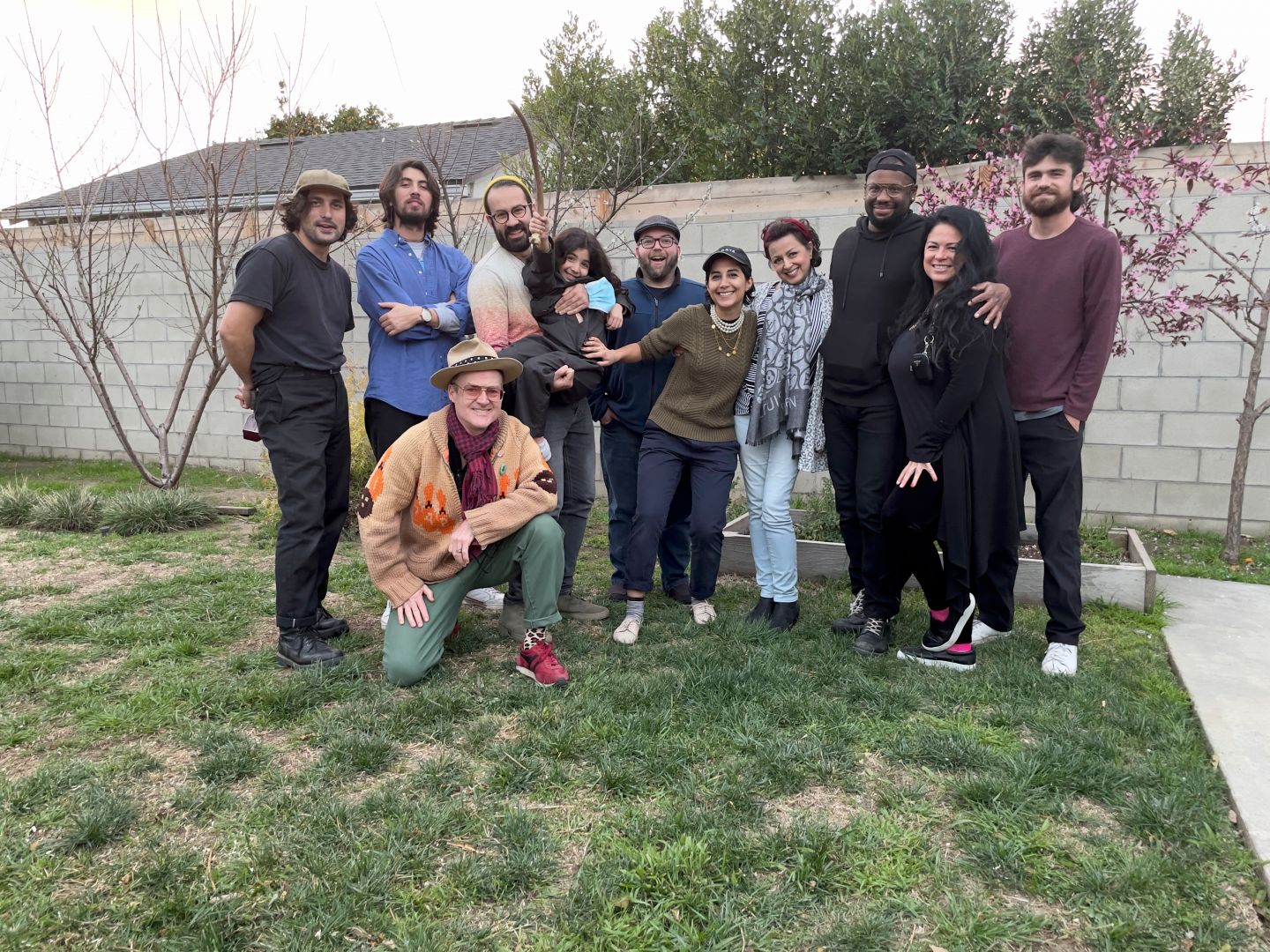
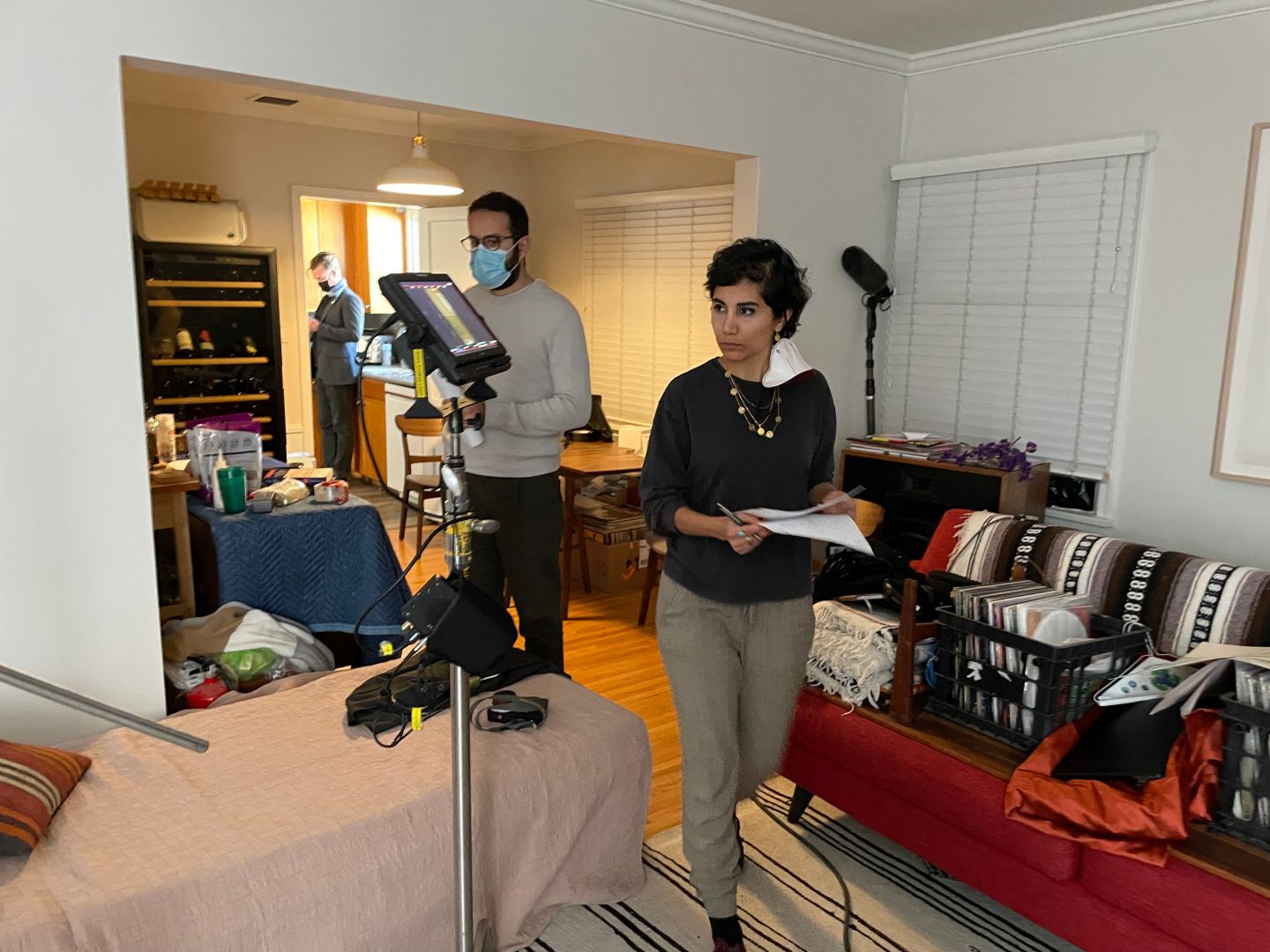
Let’s talk shop? Tell us more about your career, what can you share with our community?
I write, edit and make films. My ideas always begin from memories. While making my film “Remembering the Pentagons”, I discovered how elusive and fragile a memory can be. The more I would try to hold onto one, the more it seemed to slip away. Memory has become a kind of ‘friction’ that drives my storytelling.
I first came to the US in 2010 to visit family in Santa Monica. For Iranians, Los Angeles was another Mecca. I had an idea about what the city was from the many films we all watched and adored. Because Iran was always in political turmoil, I believed that life in California would be paradise. Right away I realized that it could never live up to the Hollywood fantasy.
That was just the beginning of years of discovery of the connection between America and Iran. America is a great country, but it also has its problems. That becomes clearer for me each day, as I get to know my new home on a deeper level. Ultimately, what I seek to do with my films is to compare two places, my two homes, telling stories with characters that are recognizable in both cultures. My hope is to make Iranian culture and its people—people who are kind but strange, because their history has been so strange—more tangible for Americans and the rest of the world.
My grandfather worked for the Ministry of War in Iran before the revolution—I made my film, “The Yellow Curtain”, about him. He thought nothing of jumping on a PanAm jet and coming to the US for a weekend for work. It was a normal part of our life and I’d always hear about his memories from that time. So I’ve always had this powerful connection to both Iran and America. Most of my aunts and uncles live here. Even my parents’ wedding ceremony was here. So this is something I know well—but it can still be tough. I’m fortunate though. I lean on my husband (a white, former Mormon from Utah of all things) and his opinions of my work. Though we have such different backgrounds, it works well—he helps me figure out what makes sense and what doesn’t.
I just finished “Rizoo,” a short film about a little girl who moves back to Tehran from California and doesn’t know how to blend in with all the rules about wearing the scarf and the politics of being a young woman in that society. Sadly, the film is even more relevant now with the protests for Mahsa Amini – a 22-year-old woman from the region of Kurdistan in Iran, who was brutally killed by the ‘morality police’ over not having the proper Hijab. Tough times, indeed. But I’m at a point where I can talk about these things openly with the non-Iranian audience.
My next film, “Sheepish” (lice in Farsi) is again about the clash—or the connection—of these two cultures: A Jewish Iranian woman living in West LA befriends a gay, black-American man and his newly ‘out’ middle-aged white boyfriend on what is potentially the last night of her life. It’s a very ‘LA’ story—and very much ‘me’. What I’m hoping is that people watch my films and think, “Oh we’re not that different from each other. We get each other.”
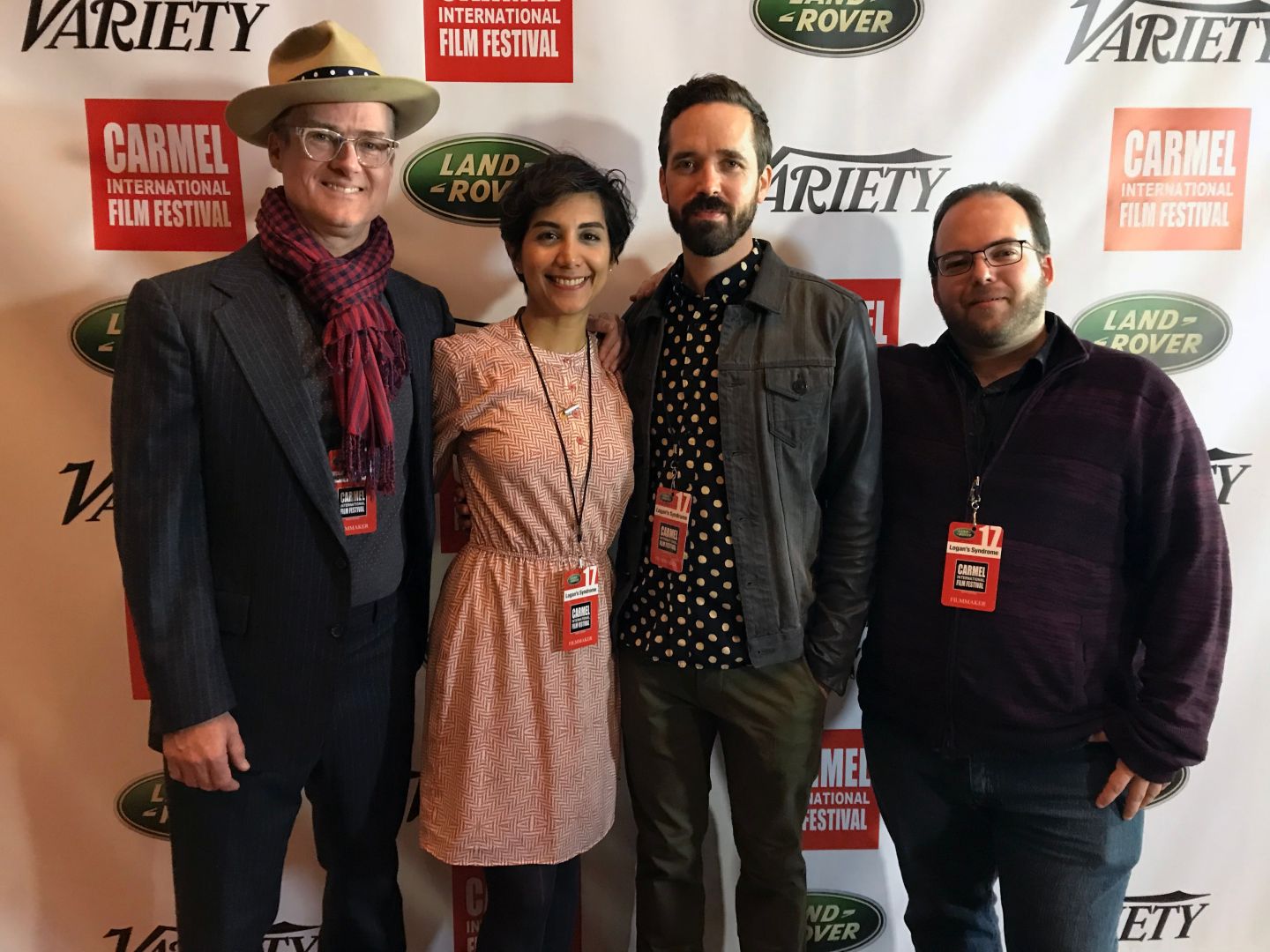
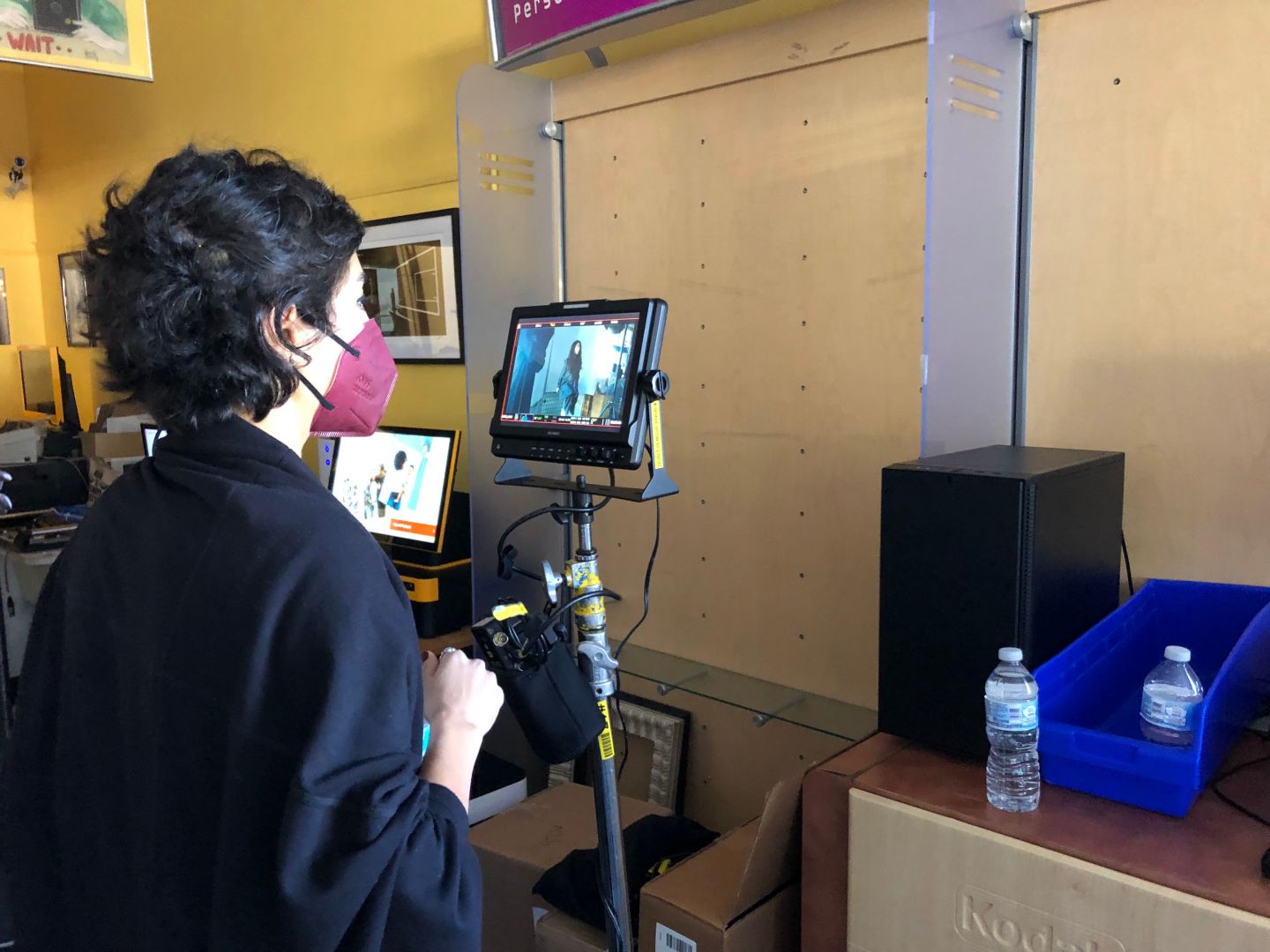
If you had a friend visiting you, what are some of the local spots you’d want to take them around to?
Picking a place to eat in Los Angeles is very difficult—there are so many great options (we’re so spoiled). Basically, I like coffee, museums and bars. To start our day, I’d take my lucky guest to the Way Station diner in Santa Clarita for huevos rancheros—it’s like something out of an old film noir—or if we’re feeling fancy, maybe the Aeirloom Bakery in Toluca Lake for their exquisite baked goods and coffee. Then, I’d take them to the the Getty Museum in Los Angeles—it’s one of the best public spaces in LA. We’d also hit the Norton Simon Museum in Pasadena, the Huntington Gardens (we’re garden freaks!) in South Pasadena, and of course, the Griffith Park Observatory in Los Feliz—it might be touristy, but it’s a classic. Like visiting the Eiffel Tower in Paris. You just have to do it. And then we’d walk around in Downtown Los Angeles for a day—maybe go to The Last Bookstore on 5th Street and have dinner and drinks at Prank Bar LA on Hope Street—they have the absolute best food. An order of Ceviche and a glass of their carefully curated Rose wines and I’m in paradise. I’d also take them to a cool concert at the Hollywood Bowl. Hopefully, a great band like Pink Martini would be playing. A night out at the Bowl is one of LA’s great pleasures—there’s nowhere like it. And then I’d take them to the cozy Dresden bar in Los Feliz for one last cocktail and some late night live blues.
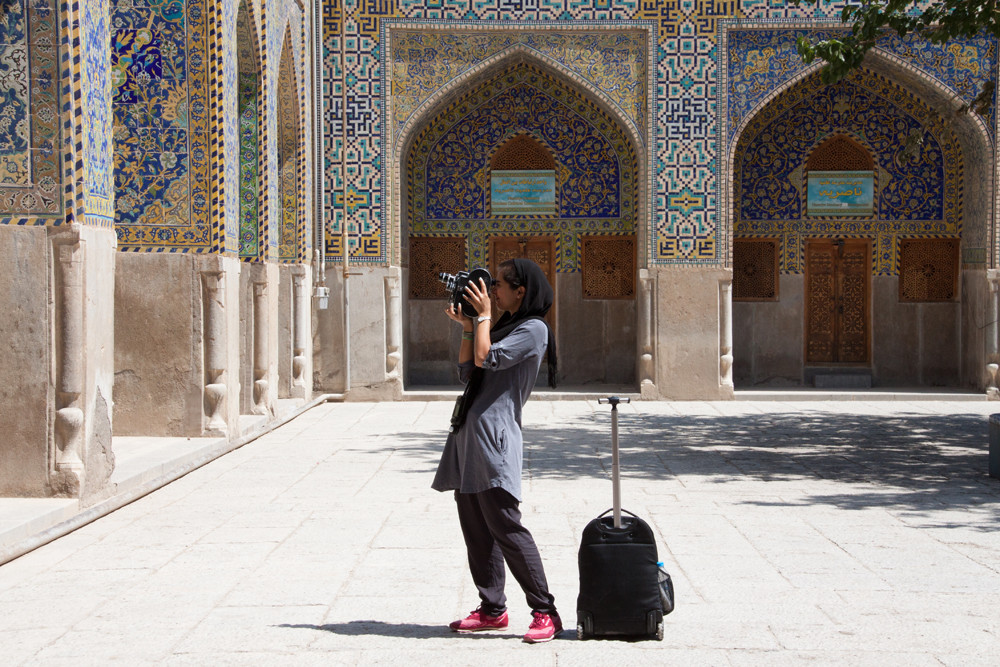
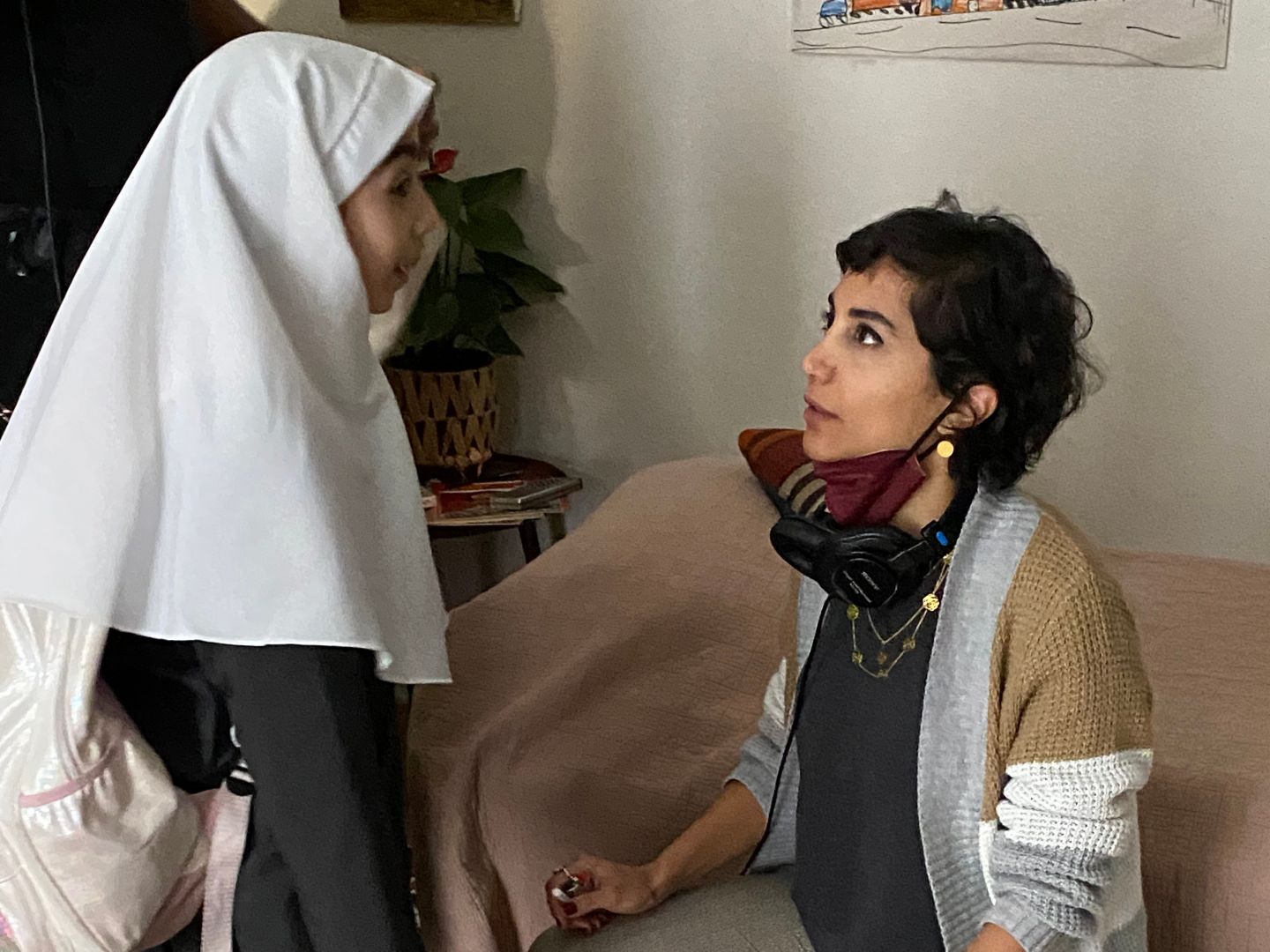
Who else deserves some credit and recognition?
My Shoutout will go to my husband, Nathan Meier. Definitely. He’s always been the first person to encourage me to have faith in my vision. He’s a painter, so he understands the process of art making intimately—the heartbreak as well as the joy. This is especially important as a woman—and as a woman from a Muslim country, Iran. I dedicate my Shoutout also to my parents. My mother taught me that the world is much bigger than any of my decisions, and that there are so many great people in it that I should meet. My father, an architect, taught me how to focus on my work and do only the best that I can do. I’m a fairly 50/50 combination of those two attitudes. Because of them, I’m driven to tell the stories of Iranians all over the world—whether in Tehran or in Los Angeles. Because these stories aren’t just about Iranians—they’re about all of us.
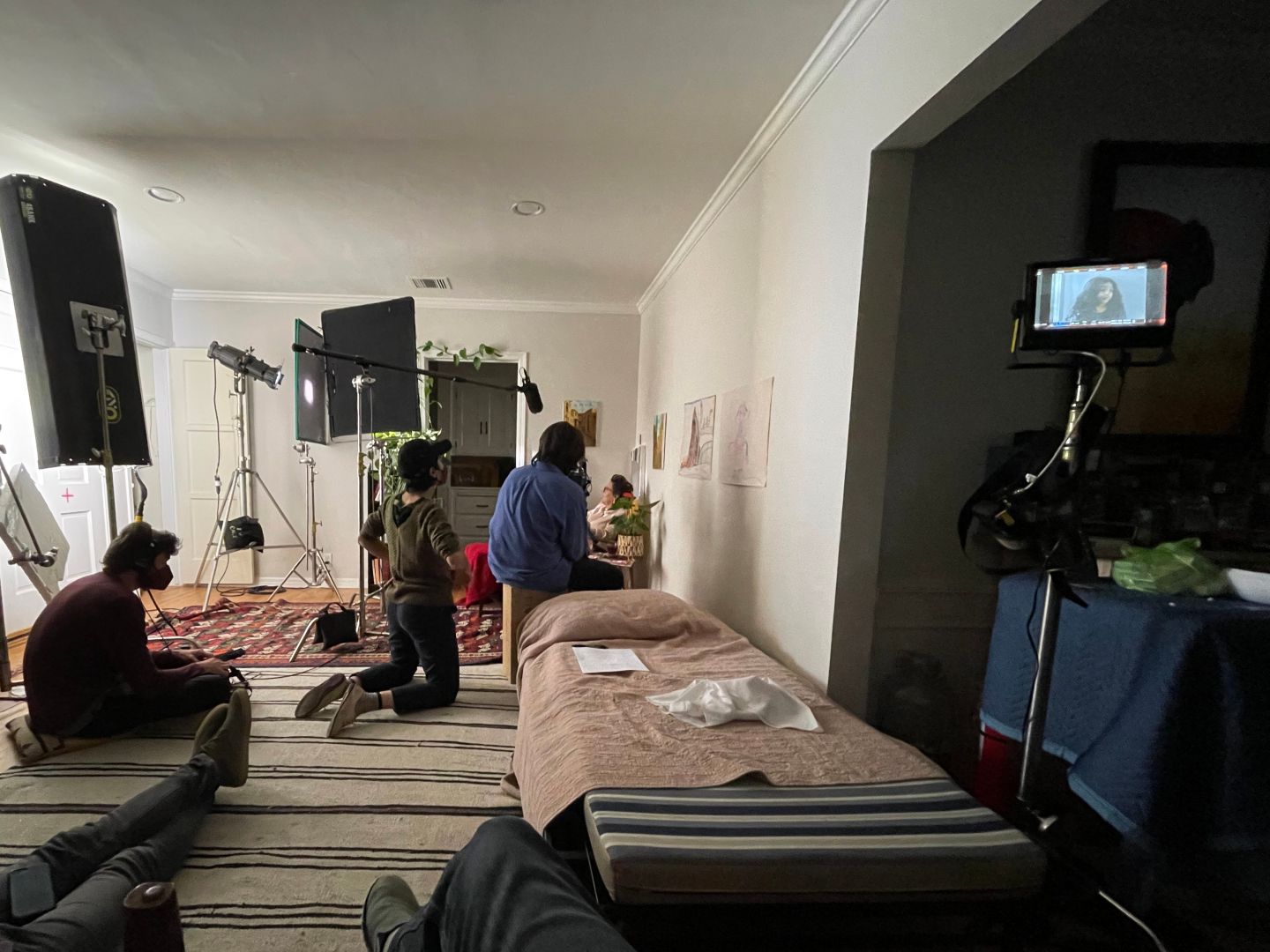
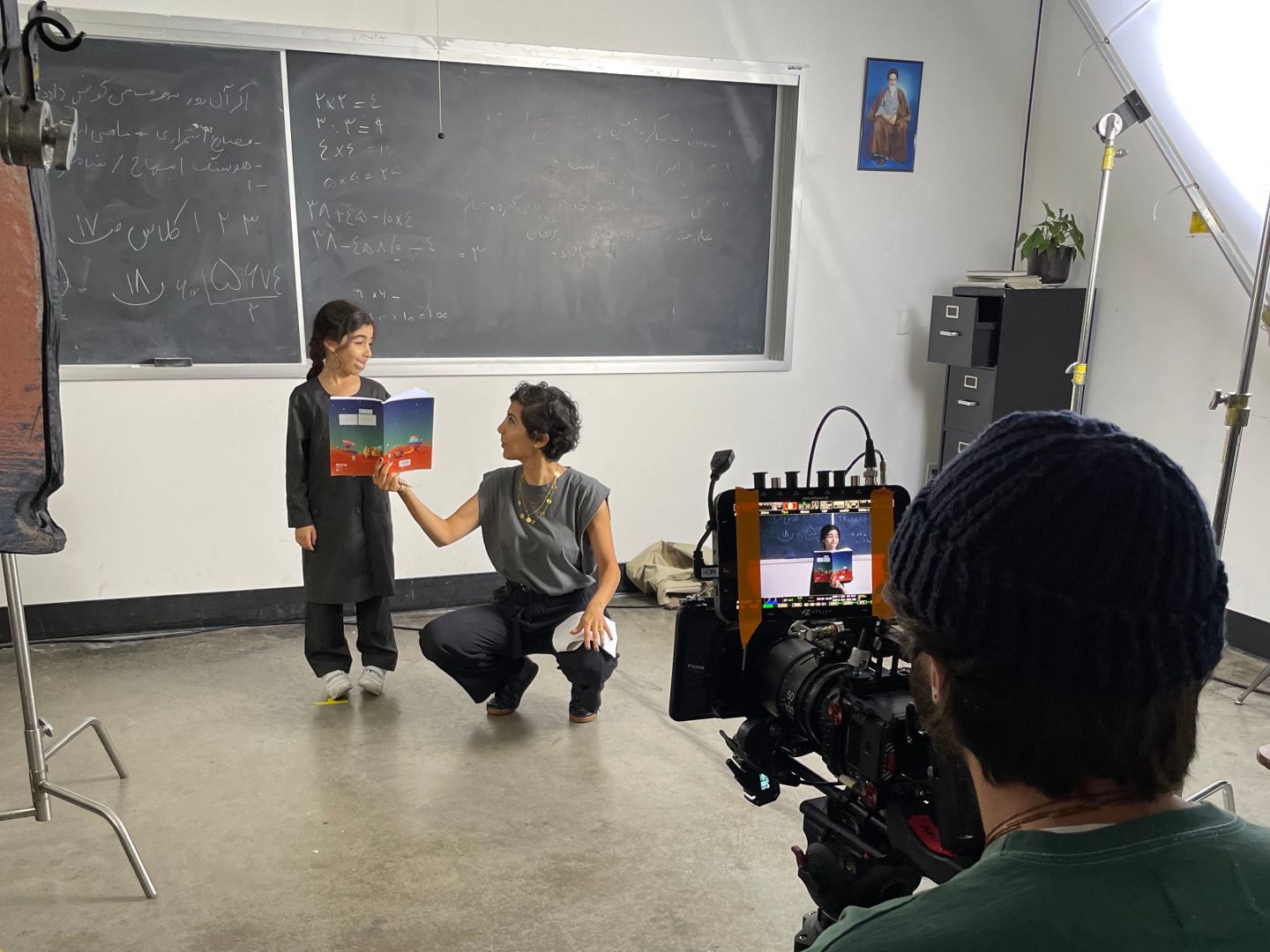
Website: azadehnavai.com
Linkedin: https://www.linkedin.com/in/azadeh-navai-61a8a836/
